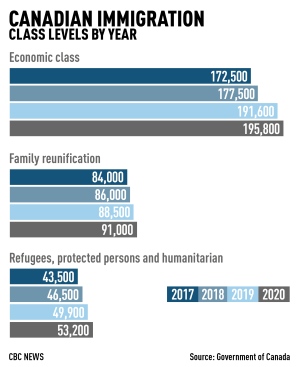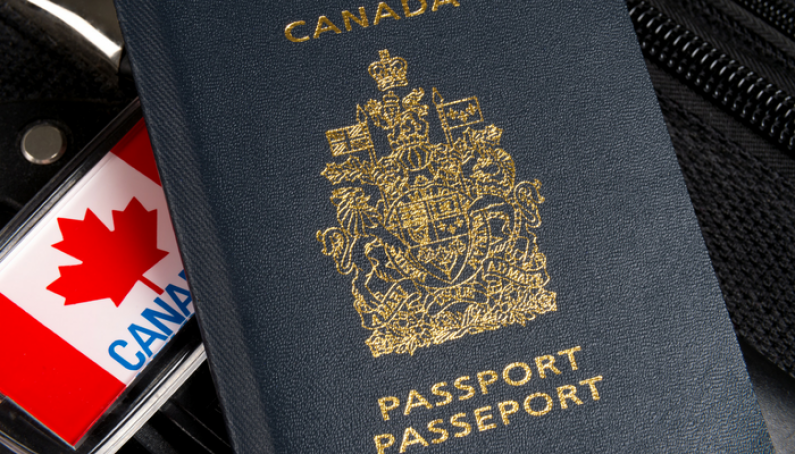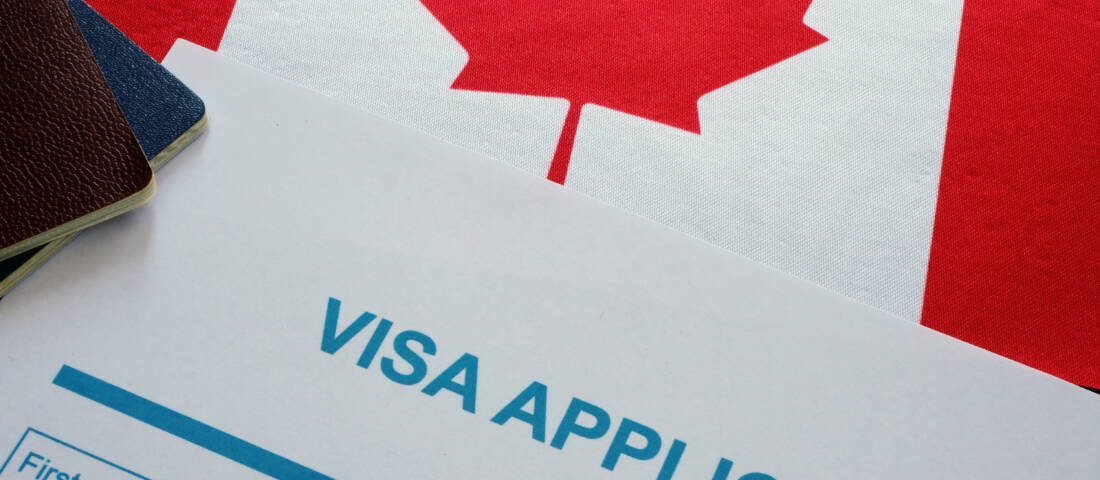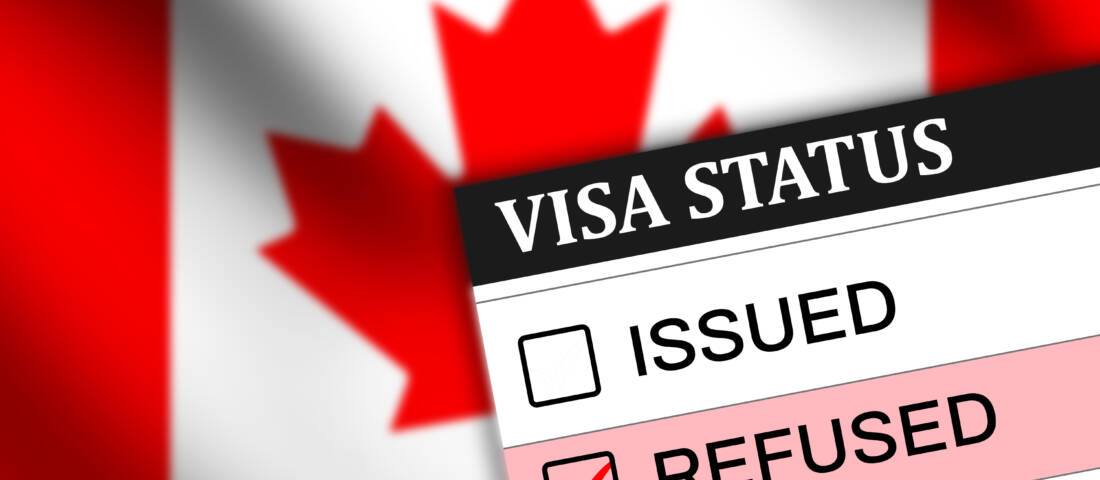Canada announced a multi-year immigration goal of nearly 1 million immigrants by 2020 on November 1, 2017. The government's plan focuses on successful integration of new immigrants, and includes admitting nearly 300,000 immigrants in 2018.
Canada Immigration Minister Ahmed Hussen said that by 2036 100% of Canada's population growth will be as a result of immigration, versus currently at about 75%:
"Our government believes that newcomers play a vital role in our society," Hussen said. "Five million Canadians are set to retire by 2035 and we have fewer people working to support seniors and retirees."
Statistics Canada reports that 2016 census data shows over 21.9% of Canada's population is now foreign-born, reflecting the highest percentage of immigrant population in nearly a century. According to government statistics, in 1971 there were 6.6 people of working age for each senior, but by 2012 that ratio had gone to 4.2 to 1 and projections show it will be at 2 to 1 by 2036.
Immigration lawyer Evelyn Ackah believes welcoming qualifed immigrants will help build a stronger Canada:
Many talented, educated and creative people want to move to our country to work and start businesses that will improve our economy and create jobs. Canada's emphasis on family reunification welcomes new immigrants with strong family ties who want to build their lives here. I support our government's goals to welcome newcomers to Canada and provide them with the tools and resources to successfully integrate into their local community and their new lives as Canadians.
Economic migrants will make up almost 60% new permanent residents admitted to Canada; most will immigrate through the Express Entry immigration system for skilled workers. Targets for the economic categories generally — as well as Express Entry specifically — will increase every year until 2020. Calling it "the most ambitious immigration levels in recent history," the number of Canadian economic migrants, family reunifications and refugees will climb from 300,000 this year:
- to 310,000 in 2018
- to 330,000 in 2019
- to 340,000 in 2020
IRCC has been working to reduce backlogs and speed up the processing of Express Entry applications.
This chart from CBC News shows projected Canada immigration class levels for 2017 - 2020:









